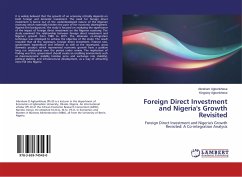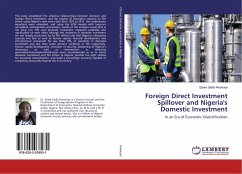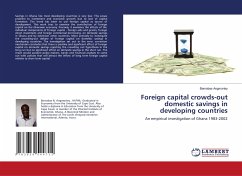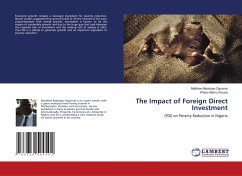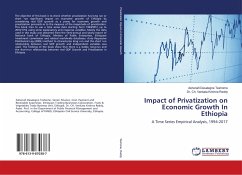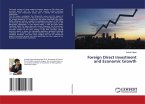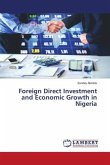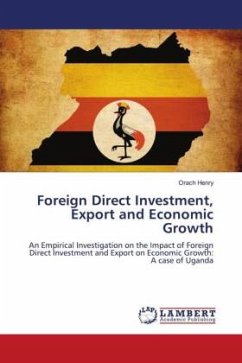It is widely believed that the growth of an economy critically depends on both foreign and domestic investment. The need for foreign direct investment is borne out of the underdeveloped nature of the Nigerian economy which essentially hinders the pace of her economic development. Against this background, the study is focused on analyzing the significance of the impact of foreign direct investment on the Nigerian economy. The study examined the relationship between foreign direct investment and Nigeria's growth from 1980 to 2015. The Johansen co-integration technique was employed to achieve the objective of the study. The result revealed that all the regressors, foreign direct investment, interest rate, government expenditure and inflation as well as the regressand, gross domestic product which represented economic growth have a positive long run relationship over the period under review. The implication of finding was that, government should create an enabling environment such asmacroeconomic stability (relative price and exchange rate stability), political stability, and infrastructural development, as a way of attracting more FDI into Nigeria.
Bitte wählen Sie Ihr Anliegen aus.
Rechnungen
Retourenschein anfordern
Bestellstatus
Storno

